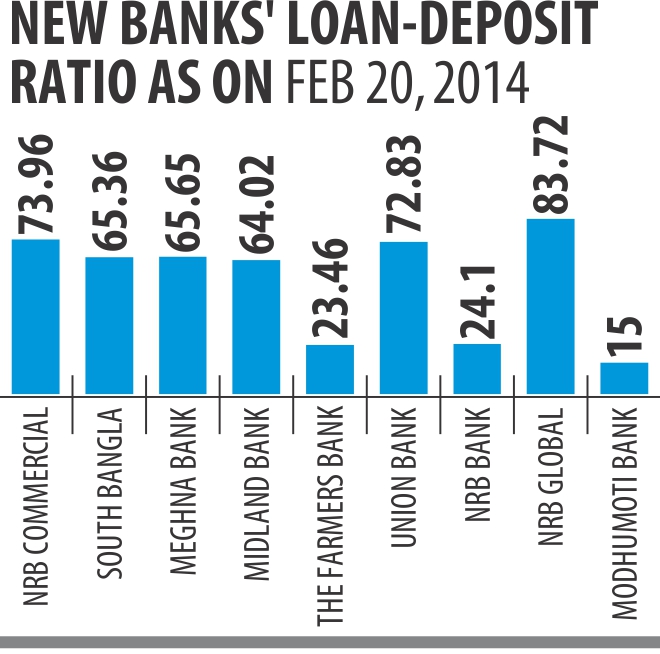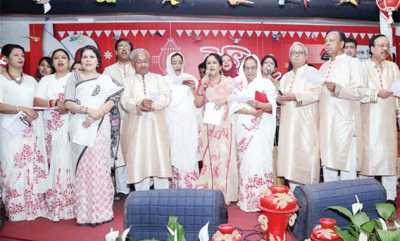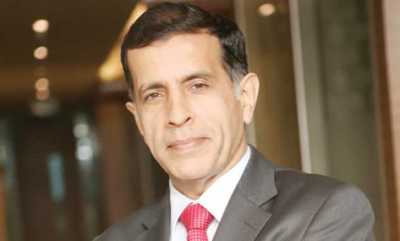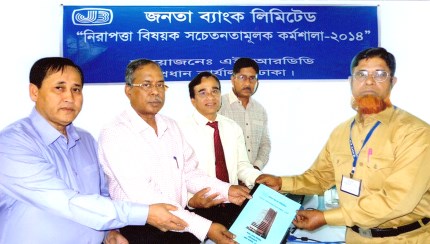Deposit growth in the banking sector dropped substantially in last one year as banks are reluctant to mobilise funds at higher rate due to lack of credit demand and sluggish investment climate.
It decreased to 16.48% in February from 20% in the same month last year.
The credit growth of the banking sector decreased to 7.44% from 12.73% during the same period, according to the Bangladesh Bank data.
The banks could not utilise the deposits they mobilised due to lack of investment opportunities, particularly before the general election on January 5, said a senior executive of a private bank.
As a result, he said, the banks were reluctant to collect deposits and reduced the deposit rates to discourage the depositors.
The average interest rate on deposits decreased to 8.34% in February from 8.68% in the same period of last year.
The depositors are now searching for new opportunities to get lucrative return by investing their idle money, said a senior executive of another private bank.
They turned their eyes on the share market to invest as retail investors got back confidence slightly after the demutualisation of the stock exchanges, he said.
After the present government assuming office, the investors started speculating the market might boost further as the history of 2010 and 1996 tells the market booms during the Awami League tenure, he said.
“There is no more chance of disaster in the country’s share market as we reformed the rules and regulations, and started demutualisation process of the burses,” said Bangladesh Securities and Exchange Commission Member Helal Uddin Nizami.
Investors already witnessed the reflection of reforming regulations on share market as the price index did not fluctuate abnormally during the political unrest ahead of general election.
As a result, he said, inflow of funds toward the share market increased and price index remained within a range between 4,000 and 4,600.
According to the Bangladesh Bank statistic released recently, the total deposits of banking sector increased by 1.49% to Tk580,652 crore in July-September period of 2013 as compared to 3% growth to Tk504,041crore in the same period last year.
“The money will flow to somewhere where it will get maximum profit,” said Prof Abu Ahmed of Dhaka University. “Witnessing the current market indicators, we may say depositors’ money is flowing to the stock market. But how long it will continue will depend on the political situation.”
The country’s stock market is showing an uptrend during last two and half months as the turnover at Dhaka Stock Exchange scaled up to an average of Tk400 crore per day.
News:Dhaka Tribune/16-Apr-2014





 Anurag Adlakha, Regional Chief Financial Officer of
Anurag Adlakha, Regional Chief Financial Officer of 